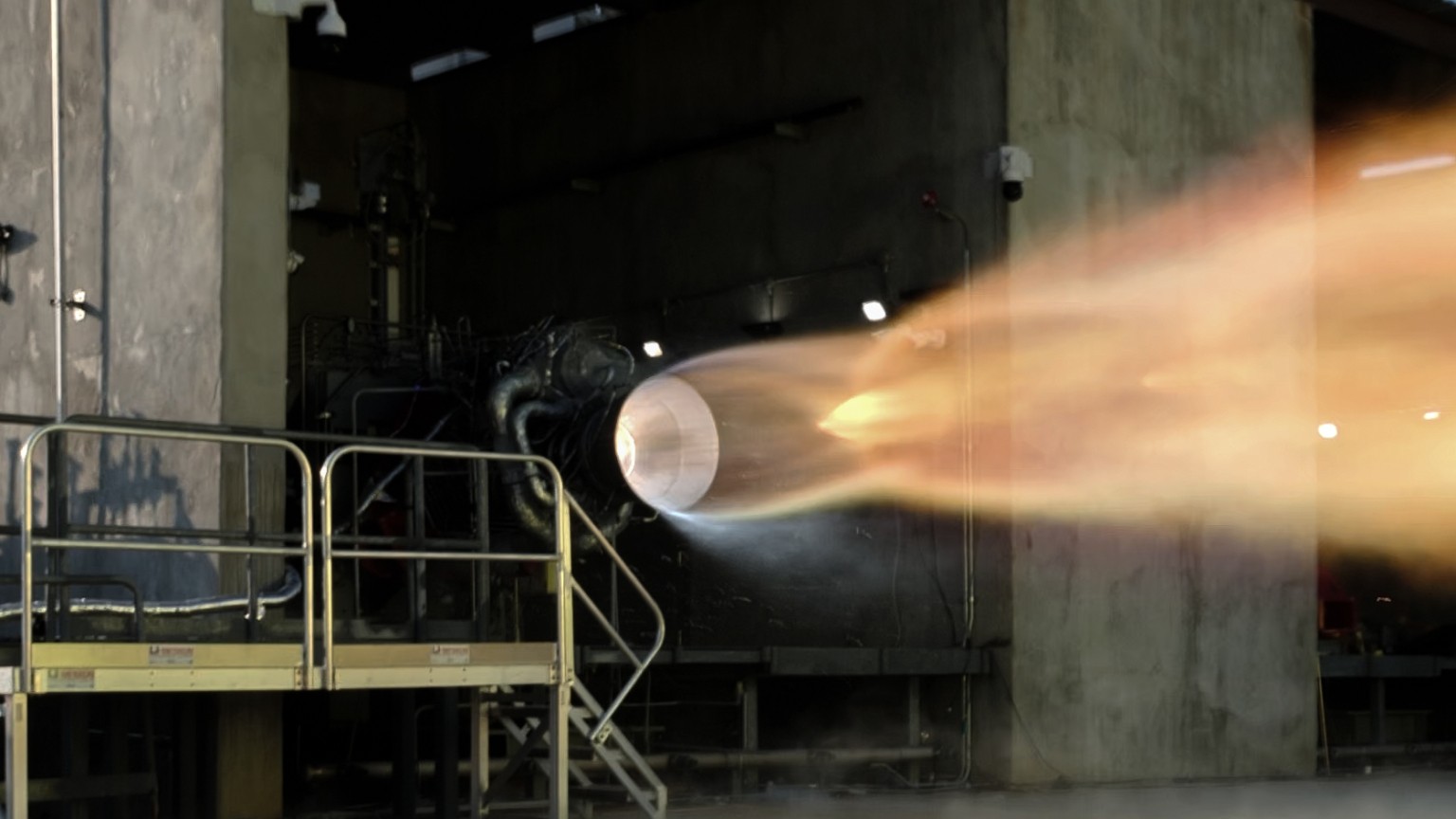New Zealand-based Rocket Lab has turned on its new Archimedes engine for the first time. It is expected to be the main element of the new Neutron rocket. The tests showed no problems with the unit.

Rocket Lab launches Archimedes engine for the first time
Rocket Lab has launched the Archimedes engine for the first time, a key step in the development of the reusable Neutron rocket. Engineers announced the first static test of Archimedes at NASA’s Stennis Space Center in Mississippi. During the test, which took place earlier this month, the methane/liquid oxygen engine operated at 102% of rated power during the burn, the duration of which remains undisclosed.
Peter Beck, chief executive of Rocket Lab, noted during the phone call that the engine tested was a “ready-to-fly” version. “It’s fairly common to see downscaled engines or early-stage prototypes used for a couple of years before companies actually move into putting something on the stand that could fly, but we didn’t do that,” he said, part of an effort to accelerate Archimedes’ development.
Progress with the new Neutron rocket
Archimedes, designed to generate 165,000 pounds of thrust, will be used on Neutron, a medium-class reusable rocket that Rocket Lab is developing to compete with SpaceX’s Falcon 9. Beck said this hot-fire test helped the company stay on schedule to get Neutron ready for its first launch in mid-2025.
Beck said the company “moved swiftly into production and qualification of flight hardware” for all elements of the Neutron, including the production of composite structures. “Design is done and every component in the rocket is either in production or some form of qualification test,” he said.
According to him, Rocket Lab will also make progress at Launch Complex 3 at the Mid-Atlantic Regional Spaceport in Virginia, where Neutron is supposed to launch from, as well as at the rocket’s final assembly plant nearby.
Electron rocket
The existing Electron rocket, owned by Rocket Lab, has already made nine flights this year, the last of which took place on August 2. The tenth launch, for Capella Space, is already scheduled for August 11 from Launch Complex 1 in New Zealand. However, the company plans only three Electron launches in the third quarter, which means only one launch between mid-August and the end of September.
Adam Spice, Rocket Lab’s chief financial officer, said the number of launches should rise in the last quarter of the year. “We expect to be able to launch significantly more in Q4 than we are in Q3,” he said.
Both Spice and Beck said the variation in launch dates was due to customer readiness, not any problems with Electron itself. “There hasn’t been a mission on that manifest that we couldn’t support from a production perspective,” Spice said. “Any volatility we’ve seen versus that manifest has all been customer delay related.”
Rocket Lab plans and the Archimedes engine
At the beginning of the year, Rocket Lab was planning up to 22 Electron launches, both orbital flights and missions of the suborbital variant of the HASTE rocket. Since then, the company has lowered those expectations.
Beck said the company expected 15 to 18 Electron launches per year. “There is no customer readiness to support a launch beyond 18 for this year. So that’s really where things cap out,” he said.
“And again, that’s if everything goes really perfectly, and things rarely if ever do,” Spice added.
Rocket Lab had $106.3 million in revenue in the second quarter, a quarterly record for the company and a 71% increase over the same quarter in 2022. The company had a net loss of $41.6 million and adjusted earnings before interest, taxes, depreciation and amortization (EBITDA) of $21.2 million.
According to spacenews.com


